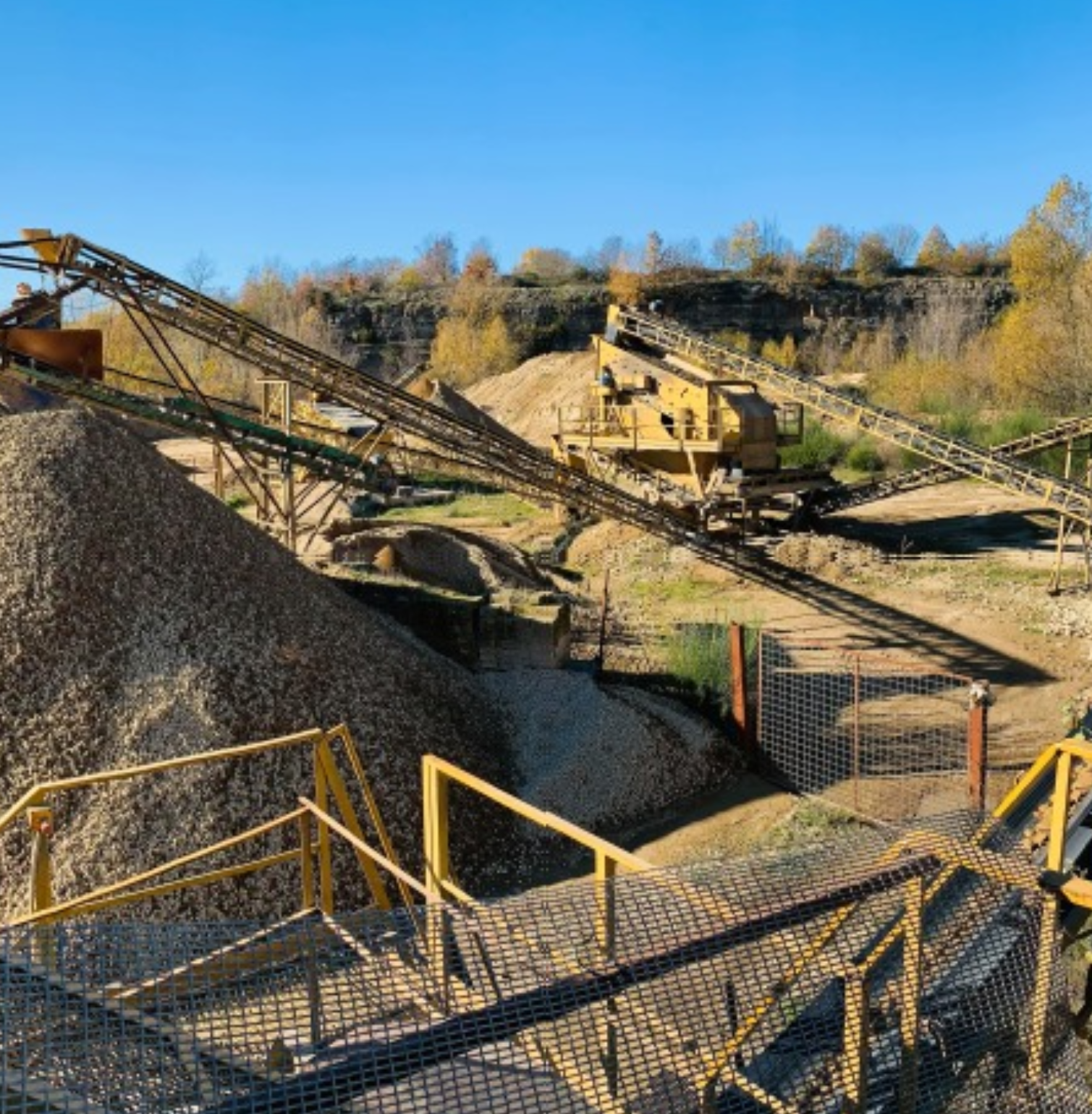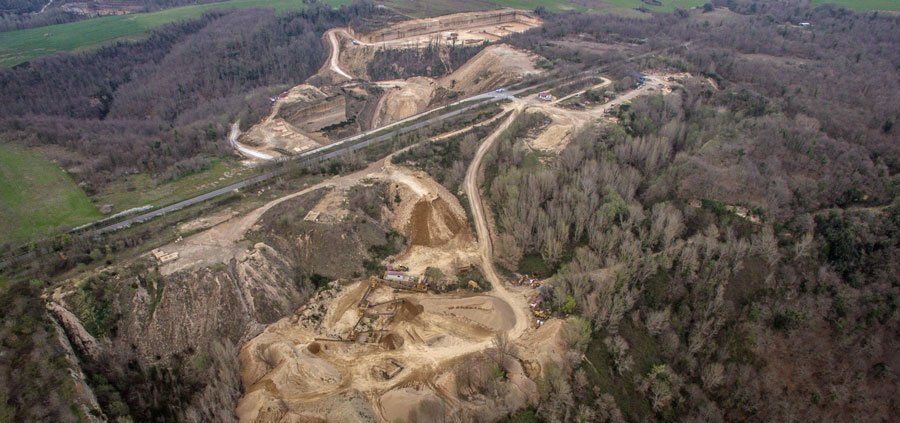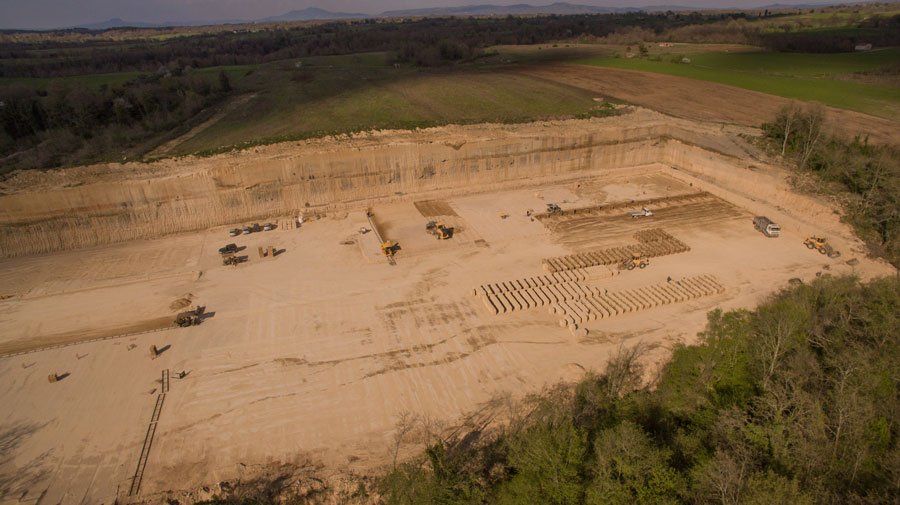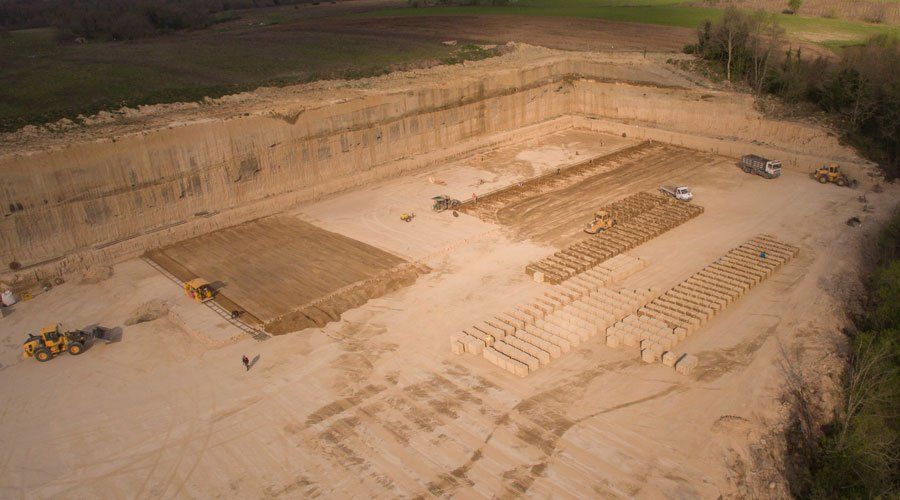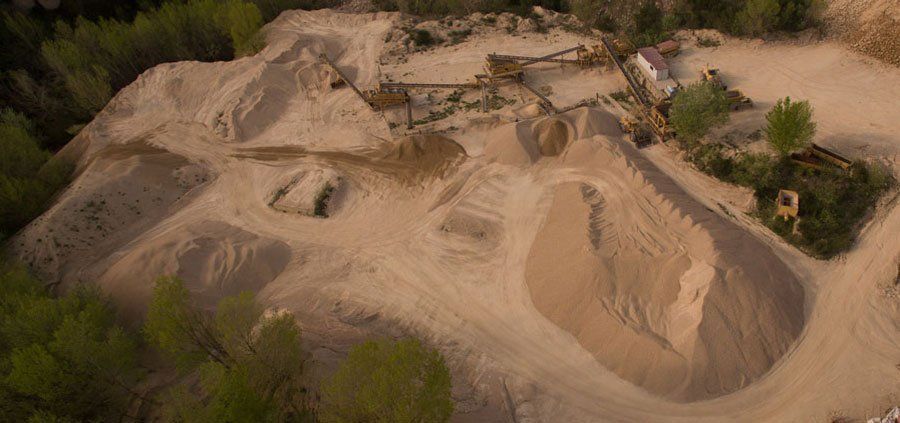Chabasite Zeolite: Properties and Uses
What is zeolite and what are its uses
Zeolitites possess particular chemical-physical properties that derive from their content in zeolite and their lithological nature. Specifically, here are the properties divided according to the criteria set out above:
- for the zeolite content: 1. high and selective cation exchange capacity; 2. reversible dehydration; 3. structural cryptoporosity; due to the lithological nature (micro and macro textural porosity, lithoid consistency): 1. water retention; 2. mechanical strength; 3. permeability; 4. low density.
The zeolitic properties (cation exchange capacity, reversible dehydration, structural porosity) depend on the type and percentage concentration of zeolite present in the rock.
All the other properties (water retention, mechanical resistance, permeability, density) depend on the nature (tuff, tuffite, ignimbrite) and on the diagenetic process ("open", "closed" hydrological system, geo-autoclave) undergone by the volcanic rock.
In the industrial field, clinoptilotite, chabasite, mordenite, phillipsite and zeolitites belonging to geological formations of great extraction potential are mostly used.
Worldwide, clinoptilotite abounds in various Eastern European and non-European countries (South Africa, China, Japan, Korea, New Zealand, Cuba, Mexico, Australia), while Japan is an important producer of mordenite. The most important availability of chabasite, on the other hand, is in Italy, and the Piandirena Zeolite Toscana quarries offer an important resource in extraction.
For more information, contact the zeolite processing center in Sorano, in the province of Grosseto.
Call the Zeolite Processing Center for advice


